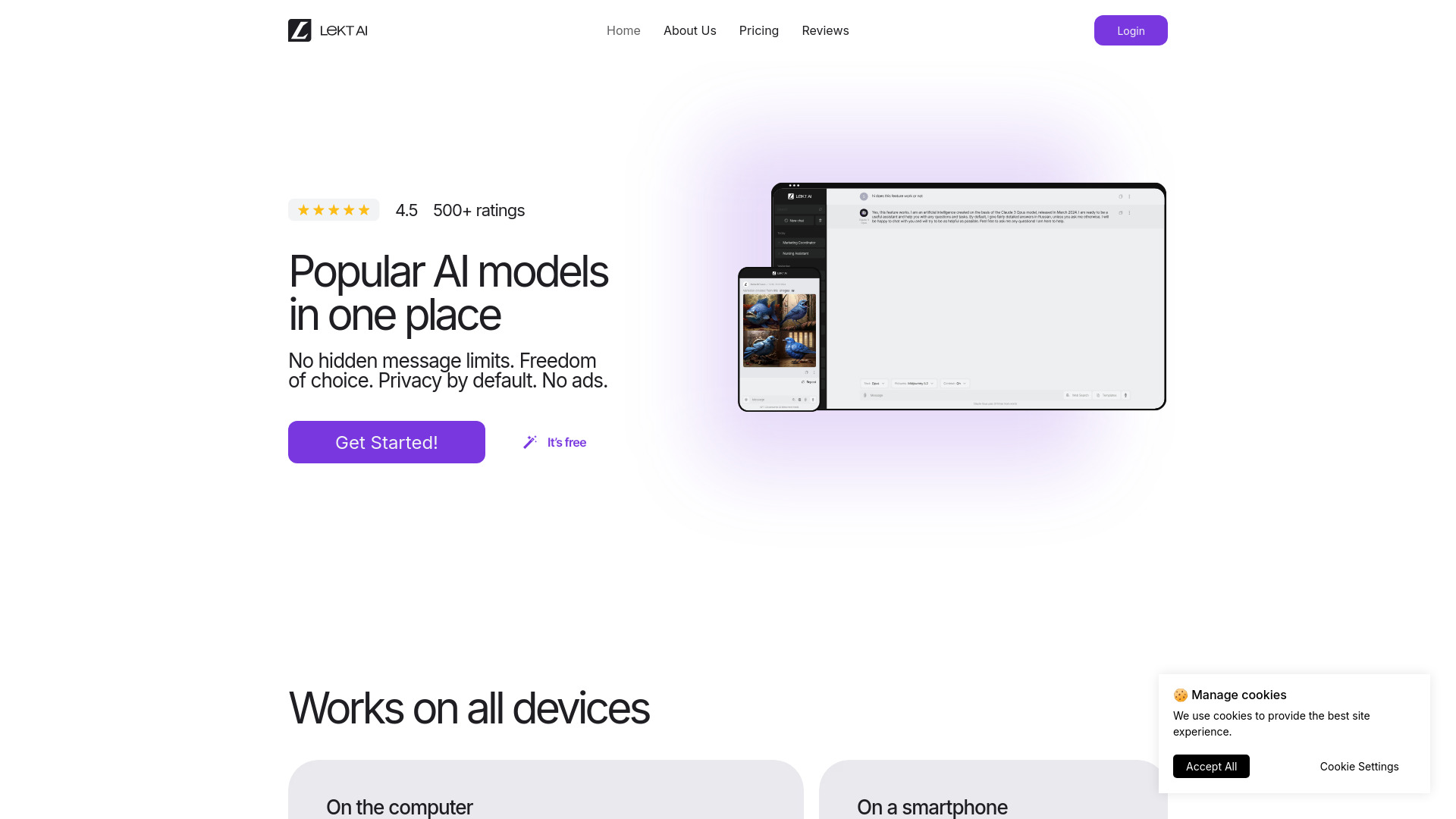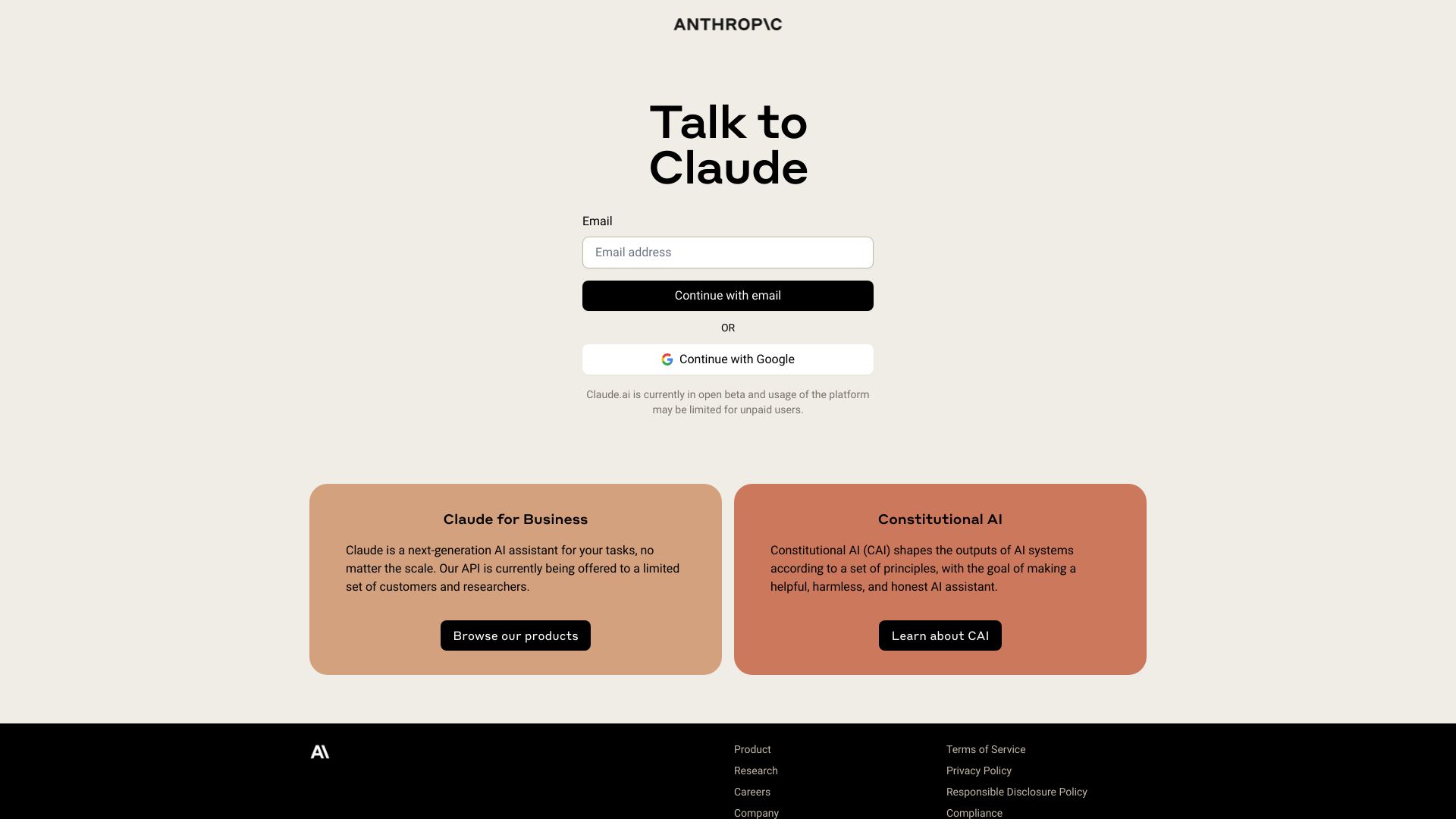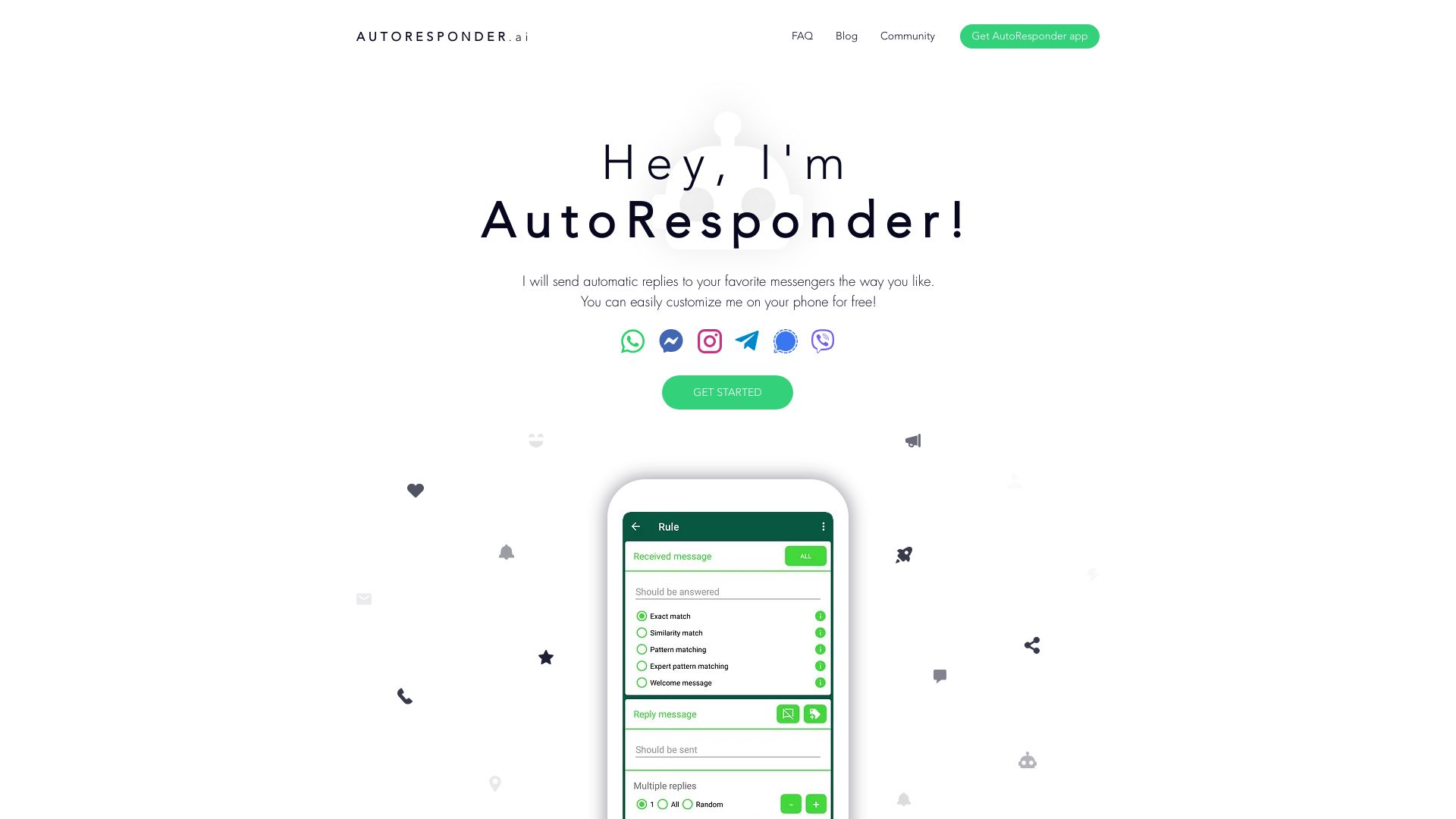AI Voice Assistants
AI voice assistants, like Siri, Alexa, and Google Assistant, employ natural language processing to understand and respond to user commands. They enhance daily tasks—setting reminders, controlling smart devices, or providing information. Benefits include increased convenience and accessibility. However, challenges include privacy concerns and limitations in understanding complex queries.
Primary AI
Top Job for This Category
Most Commonly Used Task
Core Features
Natural language processing
Voice recognition
Personalized responses
Multi-device integration
Task automation
Context awareness
Use Cases
Smart home control
Personal scheduling and reminders
Hands-free communication
Information retrieval and answers to queries
Language translation
Entertainment system management
Most Helpful AI's
Best Fit Jobs For AI Voice Assistants
Primary Tasks For AI Voice Assistants
| # | Task | Popularity | Impact | Follow |
|---|---|---|---|---|
| 1 |
🗣️➡️📝
Speech to text |
50% Popular
|
87%
|
|
| 2 |
🔊
Text to speech |
50% Popular
|
87%
|
|
| 3 |
🗣️
Conversational avatars |
0% Popular
|
87%
|
|
| 4 |
🤖
Chatbots |
100% Popular
|
87%
|
|
| 5 |
🤖🔍
AI content detection |
0% Popular
|
87%
|
|
| 6 |
📱
Apps |
50% Popular
|
76%
|
|
| 7 |
🤖
Personal assistant |
50% Popular
|
85%
|
|
| 8 |
🎤🎧📝
Audio transcription |
0% Popular
|
87%
|
|
| 9 |
💖
Virtual girlfriend |
100% Popular
|
87%
|
|
| 10 |
💬
Conversation management |
0% Popular
|
76%
|
|
| 11 |
🕵️♂️
Agents |
0% Popular
|
78%
|
|
| 12 |
🛍️
Shopping assistance |
50% Popular
|
85%
|
|
| 13 |
📚
Vocabulary improvement |
0% Popular
|
74%
|
|
| 14 |
🖥️
User interfaces |
0% Popular
|
78%
|
|
| 15 |
🤖✨
Text humanization |
50% Popular
|
78%
|





